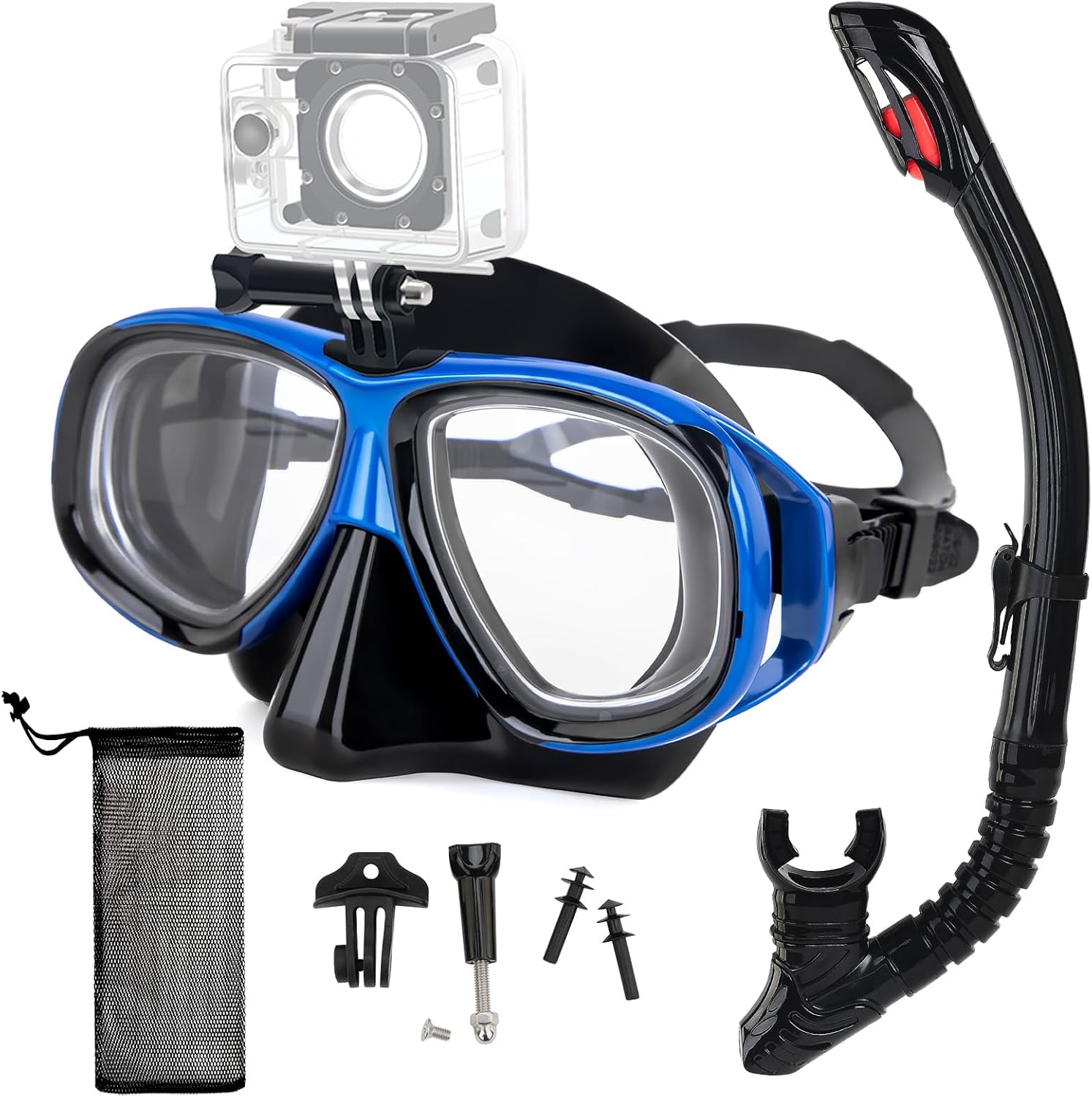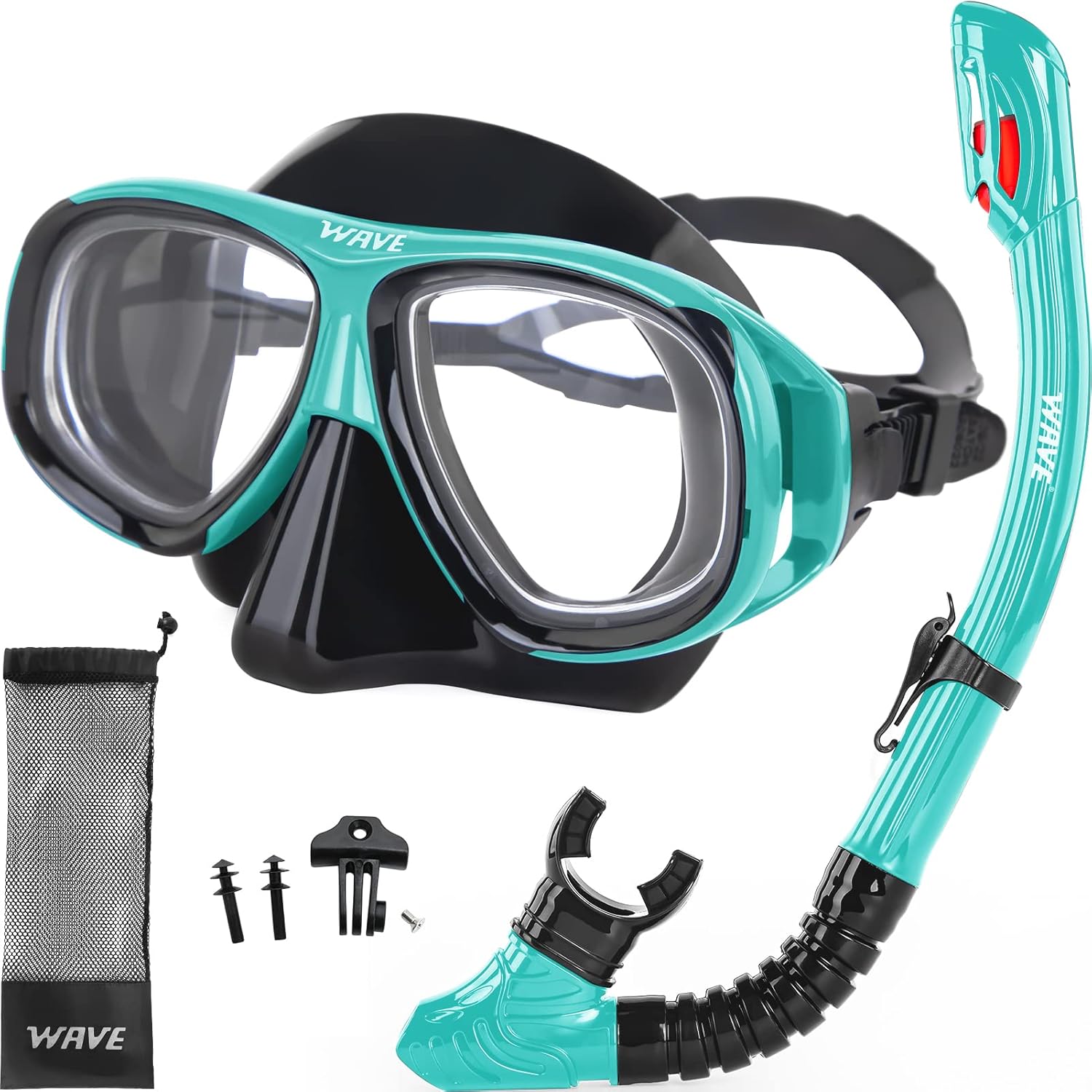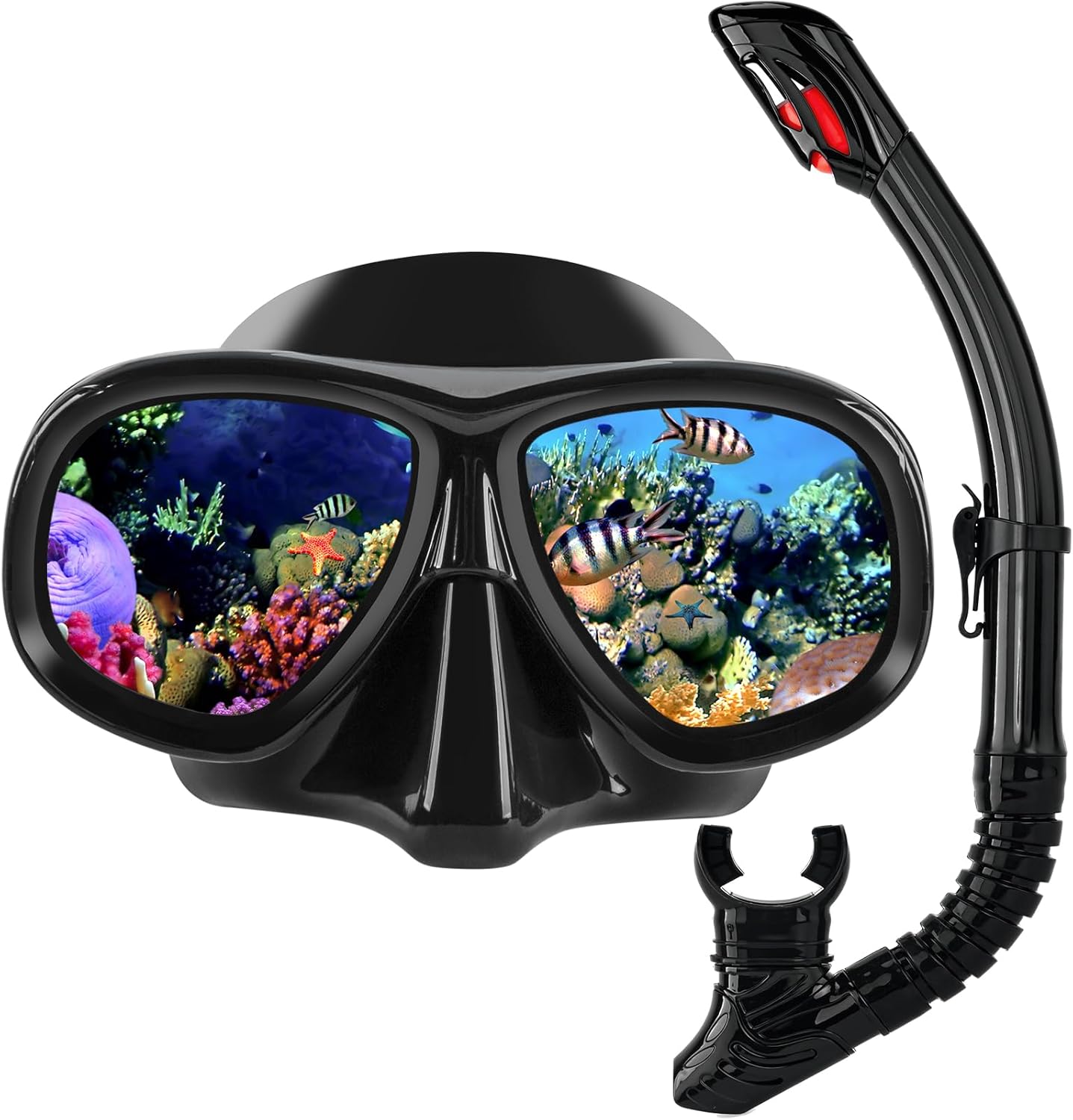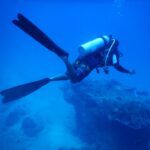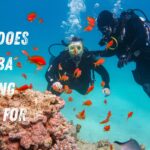How To Get Scuba Diving Certification Step-by-Step
How to get scuba diving certification? SCUBA diving certification might seem unnecessary until you’re 40 feet deep, your air tank’s humming like Darth Vader, and you realize you don’t actually know what to do if your buddy’s regulator pops out of their mouth. This is the ocean. And the ocean is not impressed by your confidence. It respects training, not guts.
Let’s put it plainly: without scuba certification, you’re just a person underwater with expensive gear and poor decisions. But the good news? Getting certified is easier than you think, way safer than you fear, and it opens up a world most people never see.
Now let’s show you how to get scuba diving certification without hassle.
How to Get Scuba Diving Certification Step-by-Step
To get scuba diving certified, you need to complete a structured training program from a recognized scuba agency such as PADI, SSI, and NAUI. This process includes:
- Knowledge Development (learn the theory behind diving)
- Confined Water Training (practice skills in a pool)
- Open Water Dives (test those skills in the real ocean or a lake)
After passing these steps, you earn a scuba certification card which is your passport to the underwater world.
You cannot legally rent gear or join dive tours without certification. It’s not just a formality; it’s a life-saver. So, here is a step-by-step guide on how to get scuba diving certification:
1. Choose a Certification Agency
While all legitimate scuba training programs teach the same core safety protocols, the three biggest agencies are:
- PADI (Professional Association of Diving Instructors) – Most widely accepted worldwide.
- NAUI (National Association of Underwater Instructors) – Known for academic depth and military-quality standards.
- SSI (Scuba Schools International) – Offers flexible online learning and mobile app access.
Pick based on availability, instructor personality, and future goals (like going pro or exploring technical diving).
2. Complete the Theory (Knowledge Development)
This phase gives you the intellectual muscles to understand:
- How pressure affects your body
- The science behind buoyancy
- Dive planning and air consumption
- Emergency procedures and safety protocols
You can learn via:
- Online (self-paced modules)
- In-person classes at a dive center
- Hybrid models
This part is surprisingly engaging; you’ll learn about decompression sickness, how to read dive computers, and even how to calculate how long you can stay underwater at various depths.
3. Confined Water Sessions (Skill Training in a Pool)
Once your brain is on board, it’s time to train your body.
In a pool or shallow confined water, you’ll:
- Assemble your gear
- Practice mask clearing and regulator recovery
- Learn how to hover and stay neutrally buoyant
- Handle emergency air-sharing scenarios
Your instructor walks you through these step-by-step. You can ask questions, take your time, and repeat skills until they feel natural.
4. Open Water Dives (4 Real Dives in Nature)
The final test. You’ll head to a lake, quarry, or ocean to demonstrate everything you’ve learned.
Over 2 days (usually), you’ll complete:
- 4 instructor-led dives
- Skills demonstration
- Controlled ascents/descents
- Dive site navigation
You pass? You’re now a certified Open Water Diver. Welcome to the club. In fact, you can now explore underwater more efficiently with underwater scooters.
What Is Scuba Certification and Why Do You Need It?
A scuba certification (also called an Open Water Diver certification) is proof that you’ve received professional training in underwater diving safety, techniques, and equipment usage.
It’s more than a piece of plastic – it’s a global license that tells dive operators, “Yes, I know how not to panic underwater.”
Certification isn’t optional, it’s mandatory for:
- Gear rental
- Dive charters
- Advanced training
- Diving with a buddy unsupervised
You’ll earn this card through an agency like PADI, NAUI, or SSI – all globally recognized.
A scuba certification teaches you:
- How to assemble and use scuba gear
- How to breathe safely underwater
- What to do if something goes wrong
- How to protect marine environments while diving
No certification = no diving. It’s that simple.
Understanding the Big Three: PADI, SSI, and NAUI
When figuring out how to get scuba diving certification, people often get stuck on the alphabet soup of agencies. Here’s the breakdown:
1. PADI (Professional Association of Diving Instructors)
- Most recognized worldwide
- Great for travelers or beginners
- Offers eLearning and flexible locations
2. SSI (Scuba Schools International)
- Very similar structure to PADI
- Often slightly cheaper
- Digital learning system with lifetime access
3. NAUI (National Association of Underwater Instructors)
- More prominent in the U.S.
- Emphasizes a rigorous safety-first approach
- Great for people who want to go pro eventually
All three are globally accepted. Choose a school you trust, not just a name
Scuba License Cost: What Does Certification Actually Cost?
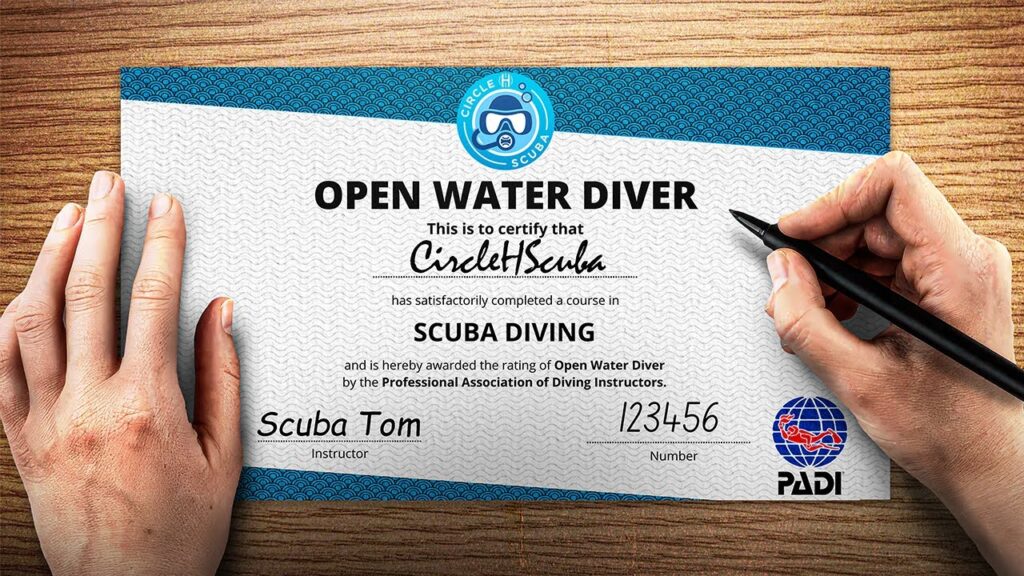
This is one of the most common drawbacks for aspiring scuba divers. Here’s the breakdown:
Basic Price Range:
- $350–$600 USD – For full certification with in-person classes and confined water sessions
- $500–$1000 USD – For resort-style or vacation certifications (includes gear, travel, lodging)
- $150–$250 USD – For academic-only (eLearning); you’ll still need to pay for practical dives later
What Can Increase the Cost?
- Renting or buying gear
- Boat charter fees for open water dives
- National Park or marine reserve entry fees
- Medical checkups (if required)
Pro tip: Always ask if the quoted price includes gear rental and certification fees. Some places surprise you later.
How Old Do You Have to Be to Scuba Dive?
Age matters in scuba diving, both for safety and legal reasons.
Minimum Age:
- 10 years old: Eligible for a Junior Open Water Diver certification
- 12–14 years old: Junior certification with increased depth limits
- 15+ years: Eligible for full adult Open Water certification
If your child is confident in the water and shows maturity, they can start at 10. But keep in mind:
- They’ll have depth limits (usually 40 feet)
- They must dive with a certified adult
- Their certification upgrades automatically at age 15 (in most agencies)
For adults, anytime is a good time. Plenty of 30-, 40-, and 60-somethings begin scuba training later in life and become hooked.
| Age | Certification |
| 8–9 | Discover Scuba/Bubblemaker (Pool Only) |
| 10–14 | Junior Open Water |
| 15+ | Full Open Water Diver |
Do You Have to Be a Good Swimmer to Get Certified?
You don’t need to be Michael Phelps, but you do need basic water comfort.
Certification swim requirements:
- Swim 200 meters (any stroke, no time limit)
- Float/tread water for 10 minutes
Why? Because scuba isn’t about speed, it’s about calm control. You must be able to handle yourself calmly in the water, even if your gear slips off or conditions change.
Is There a Test? And Can You Fail?
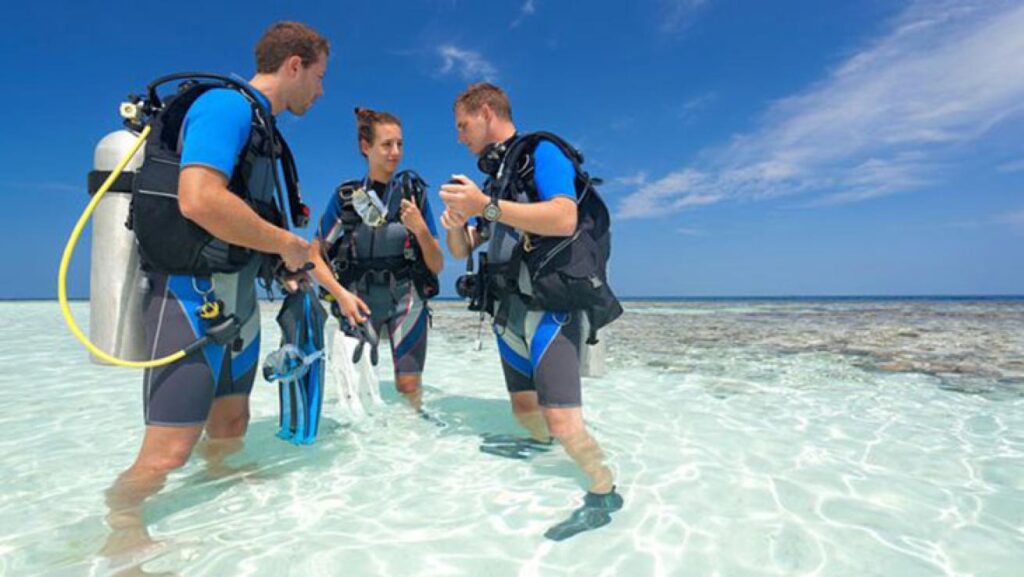
Yes, there’s a written exam (usually multiple choice), and yes, you can fail but it’s rare.
If you attend your sessions and pay attention, the test is straightforward. Your instructor is there to support, not trick you.
You’ll also be evaluated on your water skills. If you struggle, instructors will often give you extra time and support until you master them.
Local or Destination Certification: What Works Best?
Some think scuba diving = tropical vacation. While that’s nice, you don’t have to fly to the Maldives.
You can:
- Do the full course at home over a few weekends
- Do eLearning + pool training locally, then finish your open water dives on vacation (called a referral program)
- Do everything at the dive resort
Local Certification:
Vacation Certification:
- One-and-done
- Gorgeous dive sites
- Time crunch? You’re on someone else’s clock.
What About Online Scuba Certification? Is It Legit?
Yes, but only part of the training is online. No reputable agency will certify you without in-person water sessions.
How Online Certification Works:
- You do the academic portion online (videos, quizzes, exams)
- Then, book a local dive shop or vacation destination to complete:
- Confined water sessions
- 4 open water dives
Avoid any “100% online scuba certification” sites – they’re scams.
What Equipment Do You Need to Get Certified?
You’ll use:
- Mask & snorkel
- Fins
- Buoyancy Control Device (BCD)
- Regulator
- Tank
- Dive computer or depth gauge
- Wetsuit (optional but recommended)
Most dive schools provide gear for the course. But you might be asked to bring your own mask, snorkel, and fins, since a good personal fit matters.
Afraid of the Water? Or Nervous?
Being nervous is incredibly normal. It’s your survival instincts working, not a weakness.
Tips to Handle Fear:
- Tell your instructor! They’ll adjust your pace.
- Practice slow, controlled breathing (the secret to relaxed diving).
- Wear gear in shallow water first to build comfort.
Scuba diving is not a race or competition, it’s about calm exploration. Your instructor’s #1 goal is making you feel safe.
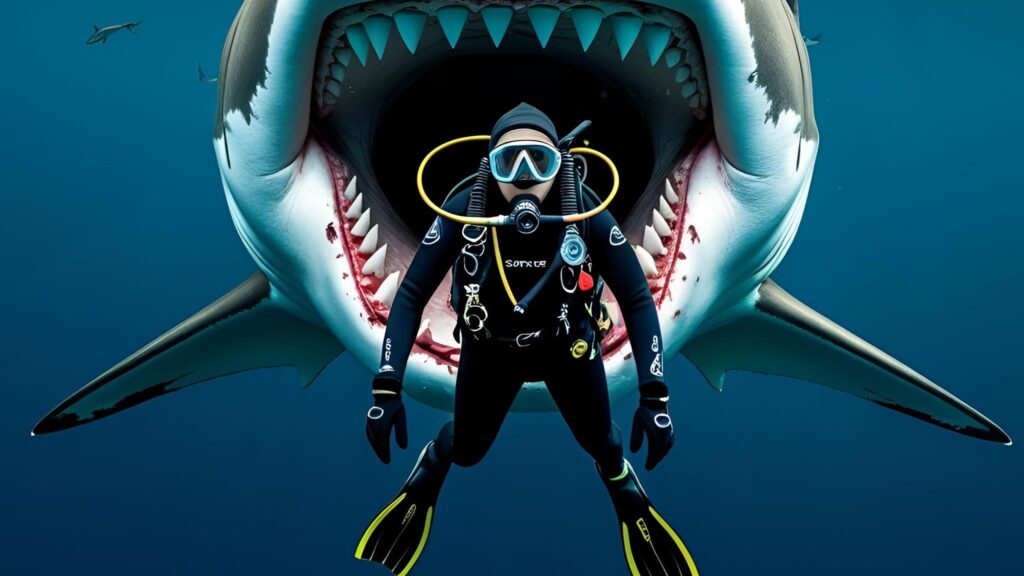
Is Scuba Diving Dangerous?
Let’s address this head-on: Scuba diving is incredibly safe when done right, but risky when shortcuts are taken.
According to Divers Alert Network:
- Only 1–2 deaths per 100,000 dives
- Most accidents involve lack of training, poor judgment, or health issues
So is scuba diving dangerous?
Only if you ignore your training, skip safety checks, or dive outside your limits.
Certification teaches you to respect the ocean. And that’s what keeps you alive to enjoy it.
What Happens After You Get Certified?
Once you earn your Open Water Diver card, you can:
- Dive to depths of 18 meters (60 feet)
- Rent gear from dive shops worldwide
- Join dive boats and tours
- Log dives and work toward advanced certifications
That means more adventures: night dives, wrecks, reefs, marine life, photography and deeper waters.
What Does SCUBA Diving Stand For?
SCUBA isn’t just a cool word, it’s an acronym.
SCUBA = Self-Contained Underwater Breathing Apparatus
So next time someone says, “Let’s go scuba-ing,” you can quietly correct them in your mind and feel superior underwater.
How Long Does Scuba Certification Last?
Great news: Your scuba certification never expires. 🎉
However:
- If you haven’t dived in 6–12 months, most shops will ask for a refresher course
- If it’s been years, you may need to retake some skills training
Scuba diving is a perishable skill. Keep it fresh, stay safe, and enjoy.
Can You Get Certified with Medical Conditions?
In many cases, yes, with proper precautions.
You’ll fill out a medical statement before training. Conditions that may need clearance:
- Asthma
- Heart issues
- Diabetes
- Ear problems
Your doctor may need to sign off. Always disclose honestly – this isn’t the place to guess or bluff.
What Happens If I Wear Glasses?
|
|
|
No worries. You can:
- Wear contact lenses under your mask
- Use a prescription dive mask (custom-made or insert lenses)
Your vision is too important to gamble with underwater. Discuss this with your instructor early.
What Are the Next Levels After Open Water?
Scuba is a journey, not a one-and-done.
Here’s where you can go:
- Advanced Open Water Diver – Explore deep dives, night dives, navigation
- Rescue Diver – Learn how to prevent and manage dive emergencies
- Specialties – Wreck diving, underwater photography, buoyancy mastery
- Divemaster & Instructor – Go pro and lead others
Your card isn’t the end. It’s the beginning.
The Bottom Line on How to get SCUBA Diving Certification
The ocean isn’t waiting for you to “feel ready.” The reef doesn’t care about your fears. The shipwrecks, manta rays, whale sharks – they’re all down there, waiting.
But to meet them, you need a plan.
You need training.
You need scuba certification.
Don’t let another year pass staring at travel photos or thinking it’s too hard. Learning how to get scuba diving certification gives you more than a card – it gives you freedom.
